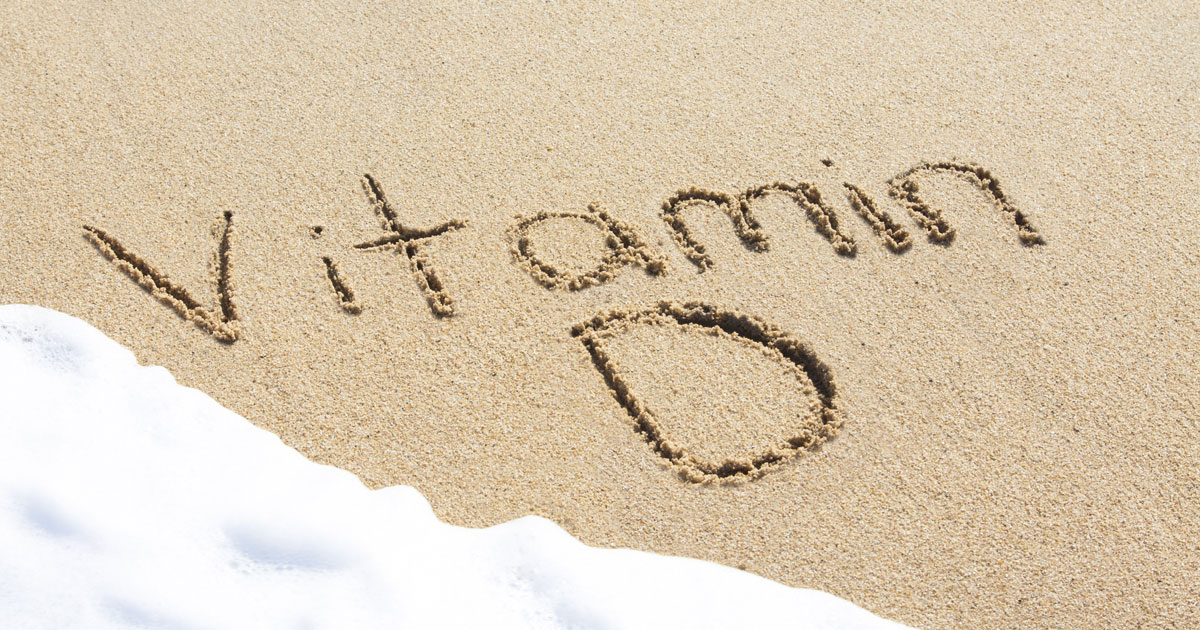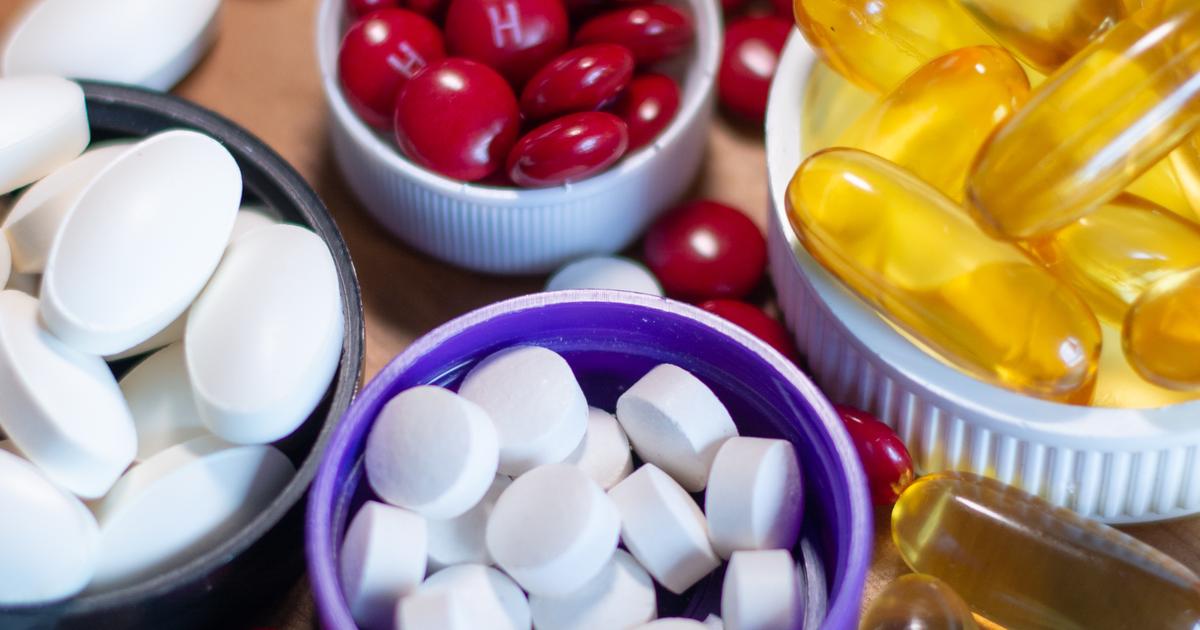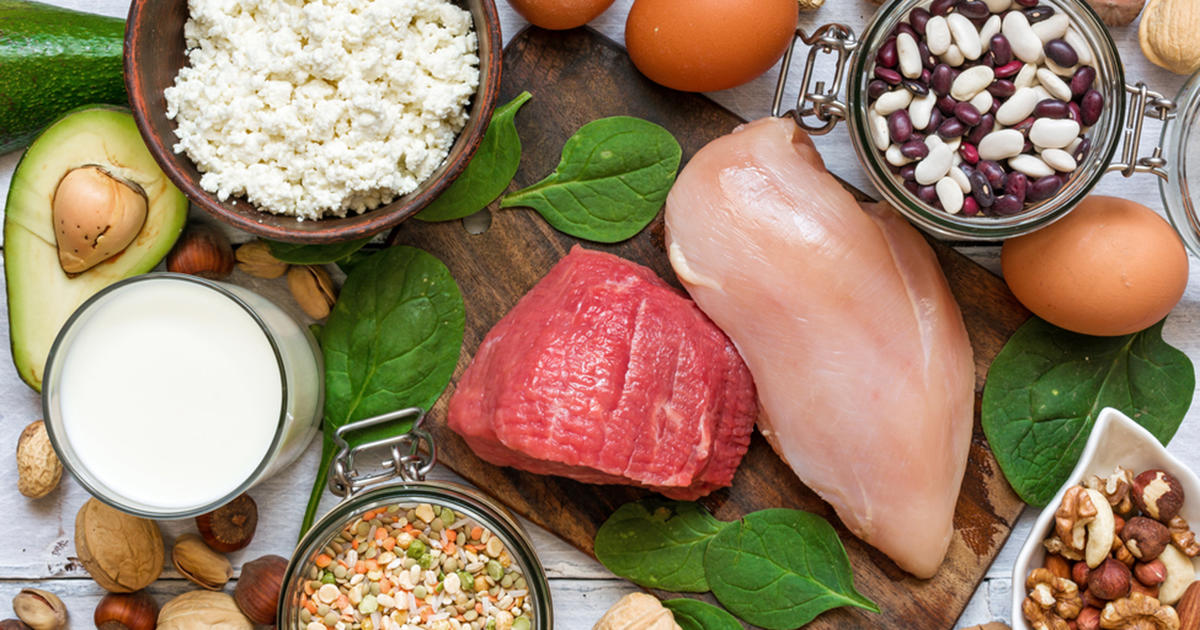What Causes Kidney Stones?
Kidney stones are deposits of minerals and salts that form in the kidneys and along the urinary tract. They develop when the patient has a decrease in urinary volume or an increase in substances that form the stones. Approximately one in every twenty individuals will develop a kidney stone at some point during their lives, and risk factors for these stones include dehydration, obesity, and diet. Kidney stones can be made of calcium oxalate, uric acid, struvite, or cystine. Patients have reported nausea, vomiting, fever, chills, and blood in the urine with kidney stones. They might feel an urge to urinate frequently, and it is common to pass very small amounts of urine when a stone is present. Although small stones might not cause pain or any noticeable symptoms, larger stones are typically associated with severe pain on one side of the back or abdomen. Doctors use blood tests and imaging studies to diagnose kidney stones, and treatments such as lithotripsy, tunnel surgery, or ureteroscopy may be suggested.
Too Much Vitamin D

Patients who take too much vitamin D may be at an elevated risk of developing kidney stones. Vitamin D increases the body's absorption of calcium, and an accumulation of excess calcium in the urine could trigger the formation of stones. Scientists are currently studying the possible link between vitamin D and kidney stones, and current evidence suggests individuals who take the recommended doses of vitamin D have a very low risk of kidney stones. Researchers are studying the effects higher doses of vitamin D might have on kidney stone formation, and they advise all patients to ask their healthcare provider about a safe level of vitamin D intake for their overall health status. When calculating vitamin D intake, patients need to account for vitamin D supplements and any vitamin D that might be found naturally in their diet. Individuals who are unsure of their vitamin D levels may wish to consider having a blood test to measure this. Most major health organizations recommend that healthy adults consume four to eight hundred international units (IU) of vitamin D each day. Some studies suggest consuming between one to two thousand international units per day is optimal, however, consuming more than four thousand international units per day is considered unsafe.
Certain Medications

Certain medications are known to increase an individual's risk of experiencing kidney stones. For example, patients who take calcium-based antacids are more likely to develop kidney stones, and those who use loop diuretics, triamterene diuretics, or anticonvulsants such as topiramate, zonisamide, or acetazolamide are at an increased risk of stone formation too. Antibiotics such as ciprofloxacin and sulfonamides are associated with an elevated chance of stone formation, and medications prescribed for asthma, congestion, and bronchial issues, including guaifenesin and ephedrine, carry an increased risk as well. Acetylsalicylic acid use increases the risk of a type of kidney stone formed from uric acid, and over-the-counter laxatives could increase this risk as well, especially if patients overuse them. Individuals should check with their doctor about all potential side effects before starting any prescription medication, and they should follow dosage recommendations on over-the-counter products. If potential kidney stone symptoms develop while using the medicine, patients should contact their doctor urgently.
Not Drinking Enough Water

Not drinking enough water may lead to dehydration, which is the strongest risk factor for the formation of kidney stones. When insufficient amounts of fluids are consumed, the urine becomes highly concentrated, and this can cause the substances that form kidney stones to stick together and form deposits more easily. Each patient's hydration needs will vary depending on overall health status, age, climate, and exercise intensity. For healthy individuals, health organizations typically recommend between eight and 11.5 cups of fluids each day for women. Men need a recommended amount of eight to 15.5 cups per day. Fluid includes water, other beverages, and the fluids contained in foods. Hydration levels can be estimated by examining the color of the patient's urine. Individuals who are properly hydrated will have light yellow urine. A very dark yellow color generally indicates the patient needs more fluids, and urine that is consistently dark yellow may be due to medication usage. Since water intake needs can vary widely, patients should ask their healthcare provider for personalized advice. Patients with existing kidney problems may need to restrict their fluid intake.
Urinary Tract Blockages

Urinary tract blockages, also known as obstructive uropathy or urinary tract obstructions, prevent normal urinary flow. Instead of flowing from the kidneys to the bladder, urinary tract blockages cause urine to flow backward into the kidneys. Kidney stones trapped in the ureter can cause these blockages, and they might also be caused by blood clots, tumors, digestive tract diseases, and injuries such as pelvic fractures. Patients with urinary tract blockages generally report changes in their urinary habits. For example, they might have difficulty passing urine or experience a slower urinary stream than what is normal for them, and it is common to feel the bladder isn't completely empty after urination. Blood may be present in the urine. To diagnose urinary tract blockages, doctors will perform an ultrasound. Surgical procedures are used to remove the blockages, and surgical options may include the placement of a stent in the blocked kidney or ureter.
Consuming Too Much Uric Acid Or Calcium Oxalate

Consuming too much uric acid or calcium oxalate in the diet could increase a patient's risk of kidney stones. Excessive uric acid contributes to the formation of uric acid stones, and healthcare professionals suggest limiting animal protein sources such as beef, chicken, organ meats, dairy products, eggs, and fish to minimize this risk. Animal protein sources can be replaced with plant sources such as legumes, vegetables, and soy products. To prevent calcium oxalate stones and reduce the amount of calcium oxalate in the urine, doctors recommend limiting the amount of dietary calcium oxalate consumed. Foods high in this substance include spinach, wheat bran, rhubarb, and nuts (including peanuts). Along with reducing these substances, specialists often advise patients to reduce their sodium intake for optimal prevention of kidney stones.
